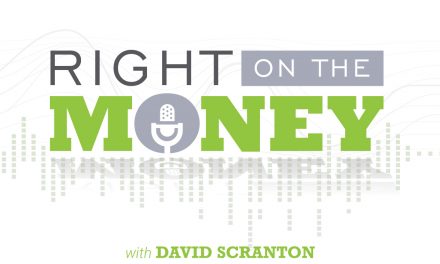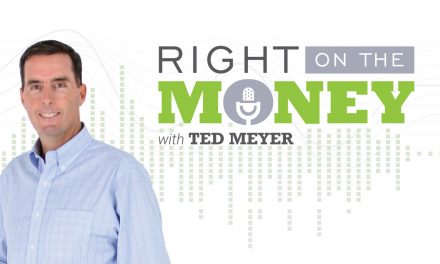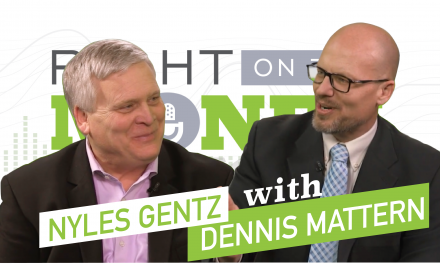Who Needs Their Information Hacked When Probate Makes It So Public?
American seniors are a significant demographic of the procrastination nation. They don’t have wills, no trust documents or family attorneys. But one thing they do have is a death experience, and that experience is generally dying intestate. Get ready for the bureaucratic meat grinder that is probate. Oh, not for you, but for your beneficiaries. Watch the interview with retirement specialist Steve Bishop.
No Privacy
Having your estate go through probate is like being on the front page of the National Inquirer. It all becomes public record. Anyone with a Sherlock complex can pull your public record. Some unhappy relatives, mistresses and ex-spouses could bring contestability charges to the proceedings. Your dirty laundry could be hung out to dry in the public domain for all to see. A will and some trust documents can seal your secrets, hide your assets and keep people showing up at your beneficiary’s front door.
Too Expensive
Crafting and implementing a will typically costs between $1,000 to $2,500. Without a will or trust documents, a court of law supervises the transfer of assets from the decedent to his heirs. A typical probate could last a year, with six months generally being a minimum time if everything proceeds according to schedule. Because of high attorney fees, executor commissions and court costs, the often-unwanted publicity and the time delay involved in probating an estate, many people attempt to avoid probate administration. Some of the methods of avoidance are listed below. The cost of running your assets through probate may be 3 to 7 percent—that’s real money.
So Impersonal
Uncle Sam is not your uncle or any other relative. The dispassionate state rules by law, not your will. The state is not clairvoyant. It cannot assume your intent or motivations. Probate proceedings run your assets through a gauntlet of rules and regulations that can hand over your assets to people you never intended to have them.
The only light in the probate tunnel is that many states have adopted the provisions of the Uniform TOD Security Registration Act, permitting securities and securities accounts to be registered so that ownership automatically passes to named beneficiaries at the death of the owner(s).
Syndicated financial columnist Steve Savant interviews retirement specialist Steve Bishop. Right on the Money Show is an hour long financial talk distributed to 280 media outlets, social media networks and financial industry portals.





